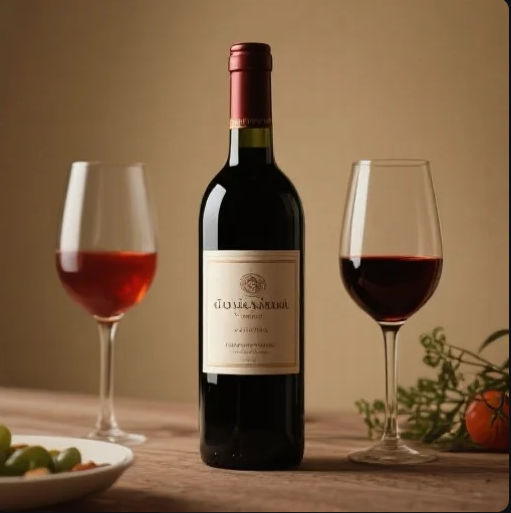今日发布亮点!Unraveling Fenjiu Pricing, A Guide to Quality and Authenticity in Chinese Liquor

In recent years, the popularity of Fenjiu, a renowned Chinese liquor, has surged, often bewildering both connoisseurs and casual buyers alike when it comes to its pricing. As someone who has explored the intricacies of Fenjiu for a while, I remember the first time I attempted to navigate the complex world of its prices and specifications. It felt almost like a puzzle with pieces scattered around, each hinting at something different—quality, authenticity, and value. In this article, we will delve into the core aspects of Fenjiu pricing, crucial parameters associated with its varieties, and effective methods for distinguishing genuine products from counterfeits. The aim is to arm you with the knowledge necessary to make informed decisions when purchasing this iconic spirit.
What is the Price Range of Fenjiu?
When examining the Fenjiu price documentation in high-end English, one can find a wide range of prices influenced by the product's age, rarity, and the specific type of Fenjiu. Generally, the prices can fluctuate from as low as **50 RMB** to **10,000 RMB** or more for special editions. This makes Fenjiu accessible for various consumers, from casual drinkers to luxury seekers.

What Are the Key Parameters of Fenjiu?
To understand the pricing better, let's look at various essential parameters of Fenjiu using a well-structured table:
| Product Name | Alcohol Content | Volume (ml) | Price (RMB) | Type | Age | Flavor Profile | Packaging | Brand Reputation |
|---|---|---|---|---|---|---|---|---|
| Fenjiu Classic | 50% | 500 | 80 | Matured Rice Wine | 5 years | Rich and smooth | Traditional Bottle | Highly Rated |
| Fenjiu 30 years | 52% | 500 | 5000 | Aged Rice Wine | 30 years | Sweet and mellow | Luxury Box | Prestigious |
| Fenjiu 10 years | 50% | 500 | 300 | Matured Rice Wine | 10 years | Balanced flavor | Elegant Bottle | Well-Known |
How to Distinguish Genuine Fenjiu from Counterfeits?

Identifying authentic Fenjiu price documentation in high-end English requires a keen eye and attention to detail. Here are some practical methods for distinguishing genuine products from fakes:
- Label Inspection: Genuine Fenjiu will have detailed labels including production dates, alcohol content, and batch numbers. Look for any discrepancies.
- Bottle Quality: Authentic bottles are well-crafted with smooth edges and crystal-clear glass. Counterfeits often exhibit imperfections.
- Check the Packaging: High-quality packaging is a hallmark of legitimate Fenjiu. Verify if the packaging includes holographic seals or other security features.
- Scent Test: Quality Fenjiu should have a pleasant and aromatic scent. If you detect any off-putting or chemical smells, it may not be genuine.
- Purchase from Reputable Retailers: Always buy from recognized stores or dependable online platforms that guarantee authenticity.
In conclusion, understanding the Fenjiu price documentation in high-end English involves a comprehensive approach that includes being aware of pricing ranges, specifications, and methods for identifying authenticity. By equipping yourself with this knowledge, you can confidently navigate the world of Fenjiu, ensuring your investments are both enjoyable and worthwhile.
声明:本站所有文章资源内容,如无特殊说明或标注,均为采集网络资源。如若本站内容侵犯了原著者的合法权益,可联系本站删除。


